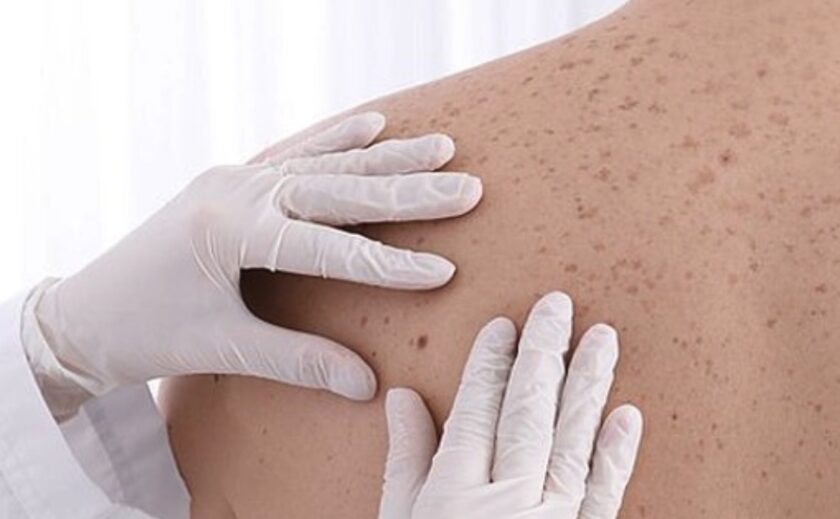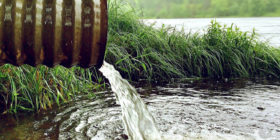Skin cancer still most common cancer in Wales

Non-melanoma skin cancer (NMSC) remains the most common form of cancer diagnosed in Wales, despite a significant reduction in reported cases during the COVID-19 pandemic.
Official statistics released by Public Health Wales indicate that NMSC accounted for 11,792 first-time diagnoses in 2020, down from over 15,000 in 2019—a 17 percent drop attributed to pandemic-related healthcare disruptions rather than an actual decrease in cases.
NMSC, encompassing basal cell carcinoma and cutaneous squamous cell carcinoma, showed an incidence rate two and a half times higher than the second most common cancer, prostate cancer.
This trend mirrors the global rise in NMSC cases, with an eight percent increase noted in Wales between 2016 and 2019.
Professor Dyfed Wyn Huws, Director of the Welsh Cancer Intelligence and Surveillance Unit (WCISU) at Public Health Wales, noted that the pandemic had significantly impacted healthcare services and patient access.
“The re-organisation of services in NHS Wales early on during the pandemic, and stay-at-home messages, means that there was a decrease in the number of people presenting with skin complaints. However, we know that the overall trend for NMSC incidence is increasing, so we expect that data in future years will show this decrease reversing as the number of diagnoses ‘catches up’,” he said.
NMSC is largely associated with preventable behaviors such as excessive exposure to UV light from the sun and the use of sunbeds.
While basal cell carcinoma and cutaneous squamous cell carcinoma are usually treatable, squamous cell carcinoma has the potential to spread, and basal cell carcinoma can cause severe localized damage if not treated.
Risk factors for NMSC include outdoor occupations, travel to sunny regions, and sun safety behaviors such as wearing sunhats and using sunscreen.
The incidence rate is nearly twice as high in men as in women and is highest in the least deprived areas, contrary to many other cancer trends.
Professor Huws emphasised the importance of sun safety to reduce NMSC cases. “Many cases could be prevented with widespread safe sun behavior in our population.”
“This includes seeking out shadier places, avoiding the strongest sunshine in the middle of the day, covering up with hats and other clothes, and regularly using a sunscreen of at least SPF30 – even in overcast conditions,” he advised.
He also warned against the overuse of sunbeds for tanning purposes and urged people to consult their GP for any new skin marks that grow, bleed, change appearance, or never heal completely.
The full report on non-melanoma skin cancer incidence in Wales is available for further reading, here.
Spotted something? Got a story? Send a Facebook Message | A direct message on Twitter | Email: [email protected] Latest News








